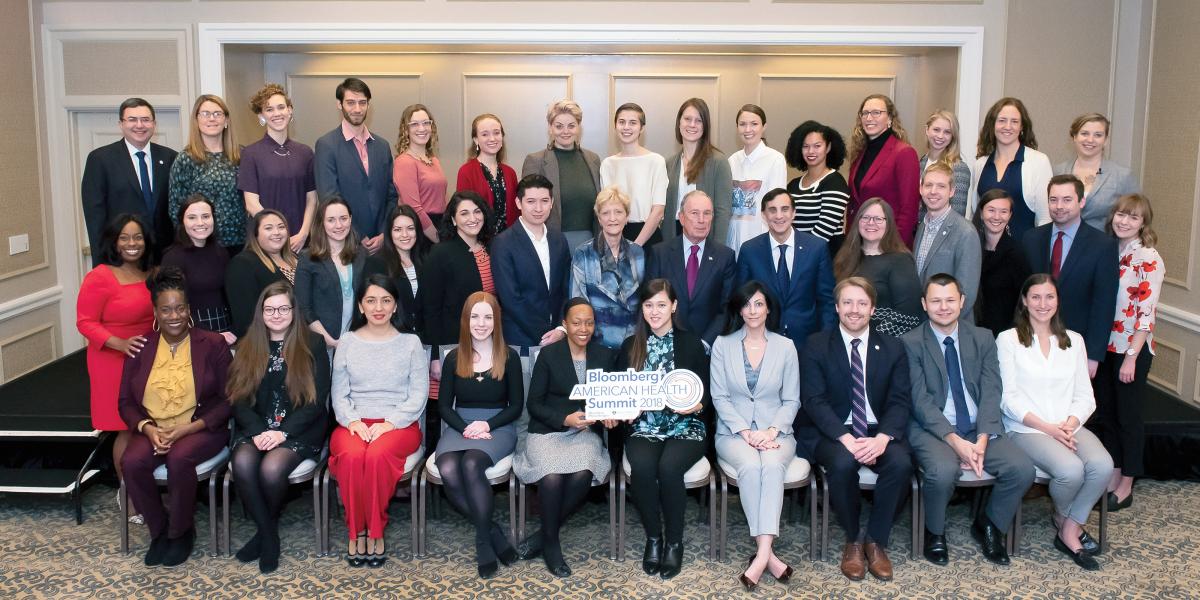Recap: The Inaugural Bloomberg American Health Summit
The Bloomberg American Health Summit infuses hope for critical solutions.
With a musical quintet, a dance troupe and a blistering pace of keynotes and panel discussions, the Bloomberg American Health Summit was not your typical academic conference.
Instead, the late November event energized a diverse crowd with insights about and solutions to some of America’s most pernicious health problems. High school and college students spoke with U.S. Senator Chris Murphy about gun violence. Police chiefs explained how public health can inform policing on the opioid epidemic. Former EPA administrator Gina McCarthy framed climate change as a health issue. And Michael R. Bloomberg announced a $50 million program to respond to the opioid crisis.
For the Bloomberg American Health Initiative, the summit placed a dazzling coda on its initial phase of planning and projects that followed a 2016 gift of $300 million from Bloomberg Philanthropies.
2019 will be a year of continued growth, says Joshua M. Sharfstein, MD, the Initiative’s director and vice dean for Public Health Practice and Community Engagement. The Initiative will hire as many as 10 new faculty and recruit at least 50 MPH and DrPH students this year.
“We really are just getting started,” Sharfstein says.
Key to the expansion is a growing network of like-minded organizations across the country. They send students to the School who will receive a full scholarship, earn an MPH or DrPH degree and commit to returning to their organizations for at least one year. Each fellow focuses on one of the Initiative’s five areas: addiction and overdose, environmental challenges, obesity and the food system, risks to adolescent health, and violence.
The Initiative published articles on the five focus areas and three cross-cutting areas of equity, evidence and policy in a Public Health Reports supplement, which was released before the summit and is available for free by SAGE Journals.
“The very strong positive response to the supplement and the summit illustrates how eager people are to have discussions about these major problems and meaningful solutions,” Sharfstein says.
